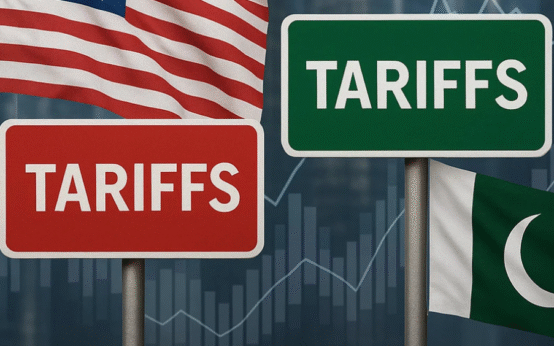Pakistan is preparing to take a big step toward modernizing its financial system. The country’s central bank, the State Bank of Pakistan , has teamed up with Soramitsu, a Japanese blockchain technology company, to create and test a digital version of the Pakistani rupee. This digital currency, also called a central bank digital currency , will first be introduced in a pilot program by the end of 2025.
Why Pakistan is Working with Soramitsu for Digital Currency
Soramitsu has built a reputation for developing secure and reliable digital currency systems. It led Cambodia’s Bakong project, which now sees widespread use for payments across the country. For Pakistan, Soramitsu will provide the technology platform to run the digital rupee pilot.

Japan’s Ministry of Economy, Trade, and Industry funds the project through its Global South Future-Oriented Co-Creation Project. For Soramitsu, this is now the largest project it has ever worked on, as it could serve more than 250 million people and manage transactions in an economy worth over $400 billion.
Reducing Cash Dependence in Pakistan’s Economy
One of the main reasons for creating a digital rupee is Pakistan’s heavy reliance on cash. People often receive salaries and make payments entirely in cash. This makes it expensive and difficult for the government and businesses to move money across the country.
By introducing a digital currency, Pakistan hopes to reduce these high cash-handling costs and make payments faster, safer, and more transparent. The move will also make it easier for more people to enter the formal financial system.

A special feature of the new digital rupee will be its offline payment capability. This means people will be able to use their mobile phones to make digital transactions even if they do not have internet access at that moment.
This is extremely important for a country like Pakistan, where many villages and small towns have weak or no internet connection. With offline payments, even the most remote communities can benefit from the convenience of digital money.
Strong Legal Support for Digital and Virtual Assets
This pilot program is being launched after Pakistan passed the Virtual Assets Act 2025. This new law created the Pakistan Virtual Assets Regulatory Authority , which will regulate all virtual asset service providers in the country.
PVARA will license digital asset companies and enforce rules to prevent fraud, money laundering, and other illegal activities. The law also set up a Sharia Advisory Committee to ensure that all digital financial services comply with Islamic finance principles. There is also a Virtual Assets Appellate Tribunal to
Pakistan Crypto Council was launched to promote innovation in crypto and blockchain technology. The council is exploring ideas like Bitcoin mining using surplus electricity and even creating a state-managed Bitcoin reserve. One of its advisers is Changpeng Zhao, a well-known name in the global crypto industry.


 Pakistan Among Early Adopters of Wi-Fi 7 in Asia-Pacific
Pakistan Among Early Adopters of Wi-Fi 7 in Asia-Pacific  Pakistan’s Struggle to Reduce Poverty
Pakistan’s Struggle to Reduce Poverty  Pakistan Poised to Launch 5G Services in Coming Months
Pakistan Poised to Launch 5G Services in Coming Months  $500m deal, an economic diversification in USA-Pak ties
$500m deal, an economic diversification in USA-Pak ties  Pakistan Bans Andy Pycroft Entry after Handshake Row
Pakistan Bans Andy Pycroft Entry after Handshake Row  Pakistan Demands Urgent UN Action to End Gaza Crisis
Pakistan Demands Urgent UN Action to End Gaza Crisis